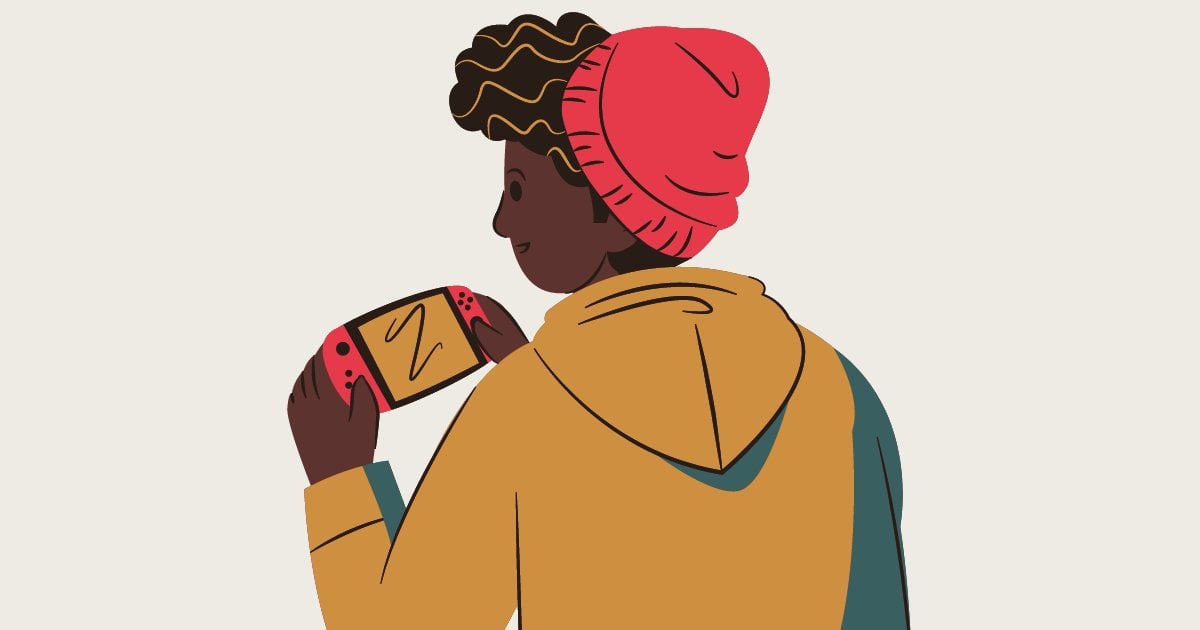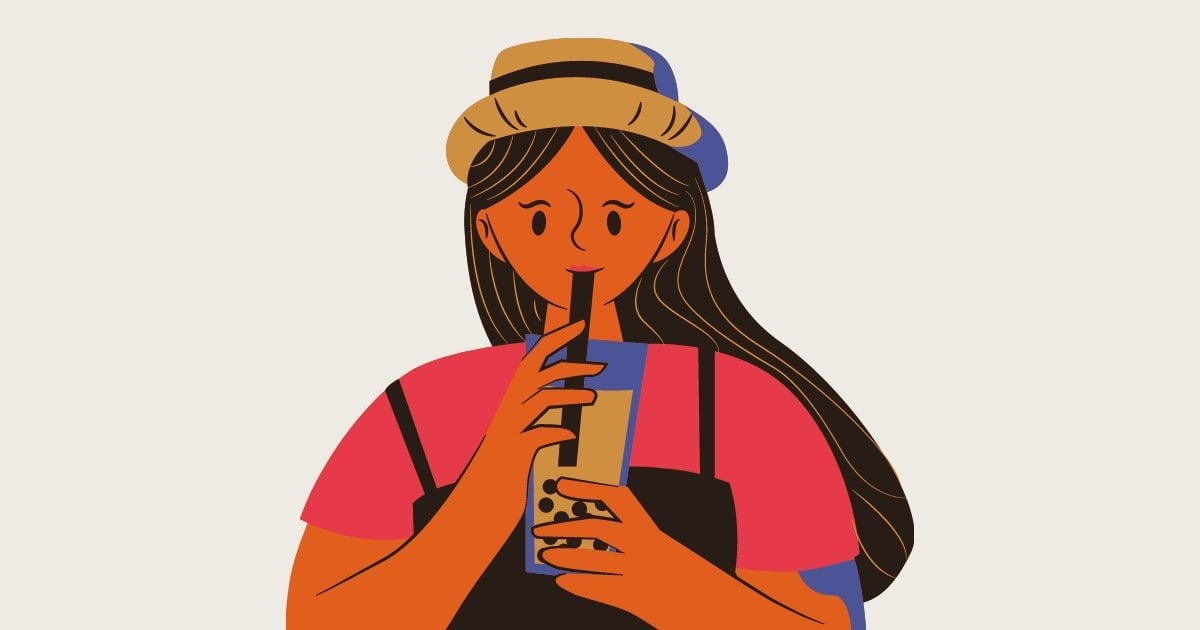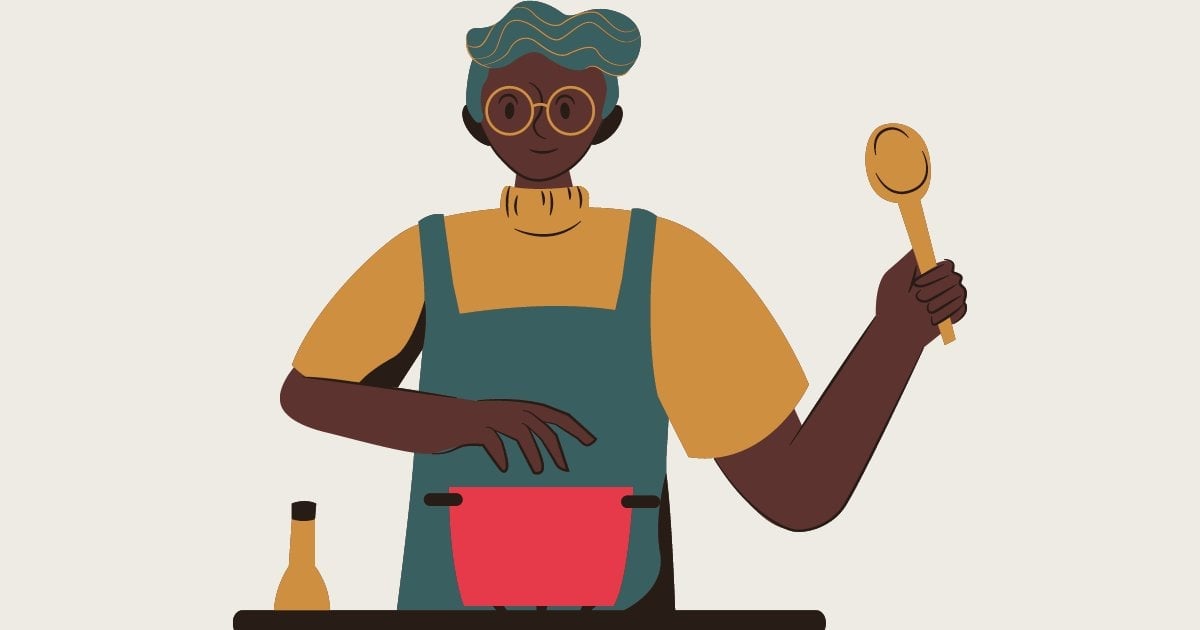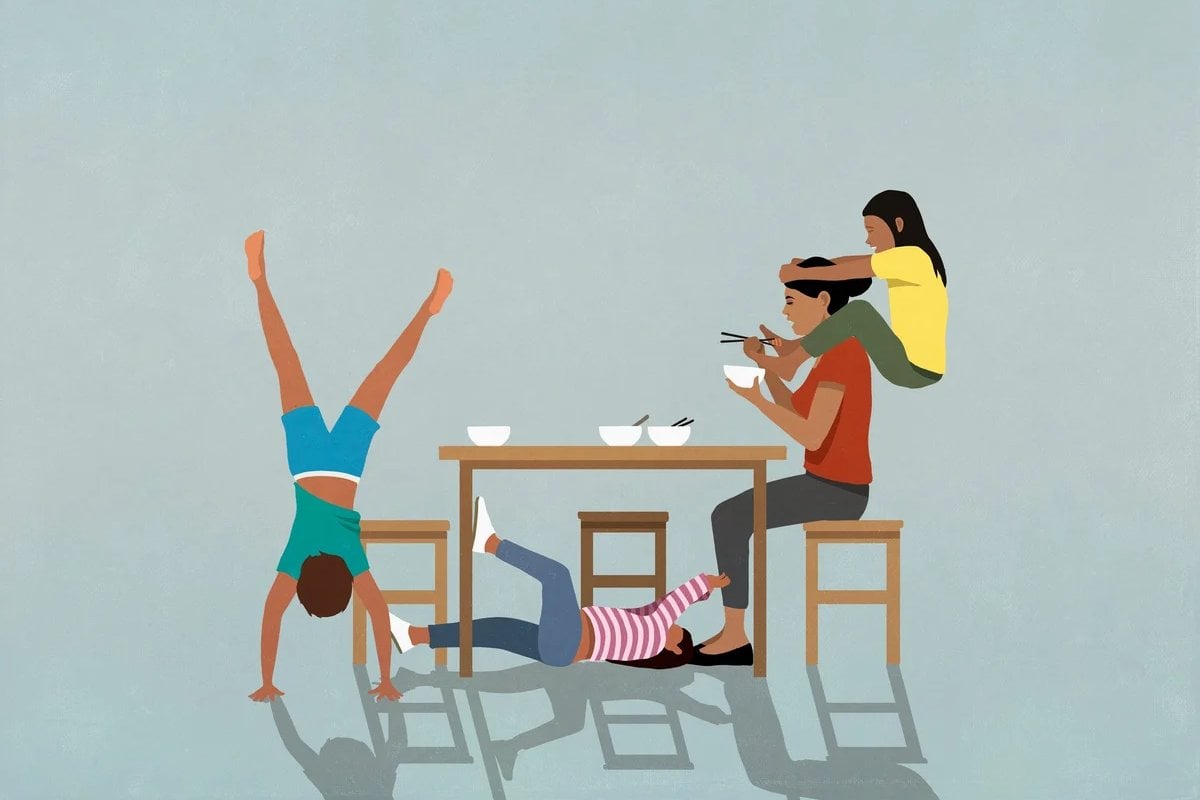
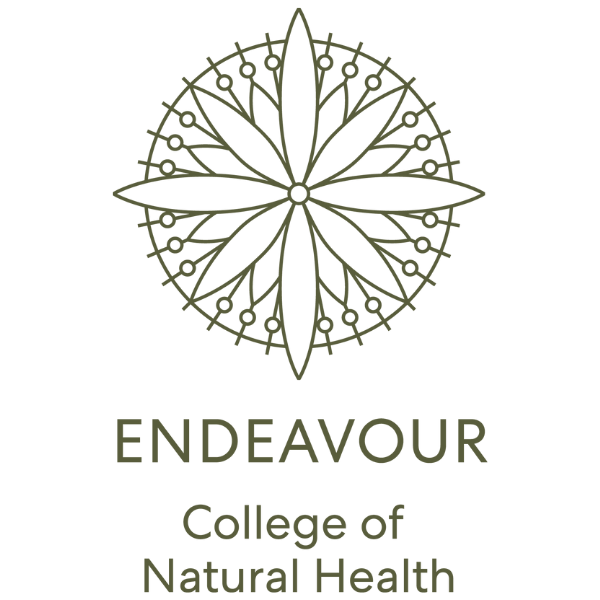
Nutrition is a sensitive topic, especially when it comes to teenagers, who are at an absolute peak of physical, emotional and mental changes.
For parents, it can be a difficult balancing act between wanting to do what’s best for their teenager’s physical health, while not adversely affecting their mental health at the same time.
To get a better understanding of how to ensure our teenagers are at their happiest, we spoke to Endeavour College nutrition lecturers Kerry Beake and Lisa Fiocchini.
Kerry stresses that it's important for parents to provide a supportive, judgement-free space for your teen to develop a healthy relationship with food and their body.
Watch the lunchbox tip that will make your kids love you. Post continues after video.
“It is important to keep in mind that teenagers are already exposed to many — often contradicting — messages around diets, health and nutrition, especially from social media and various influencers. This is also a group that faces increased risk for body image issues,” Kerry tells Mamamia.

